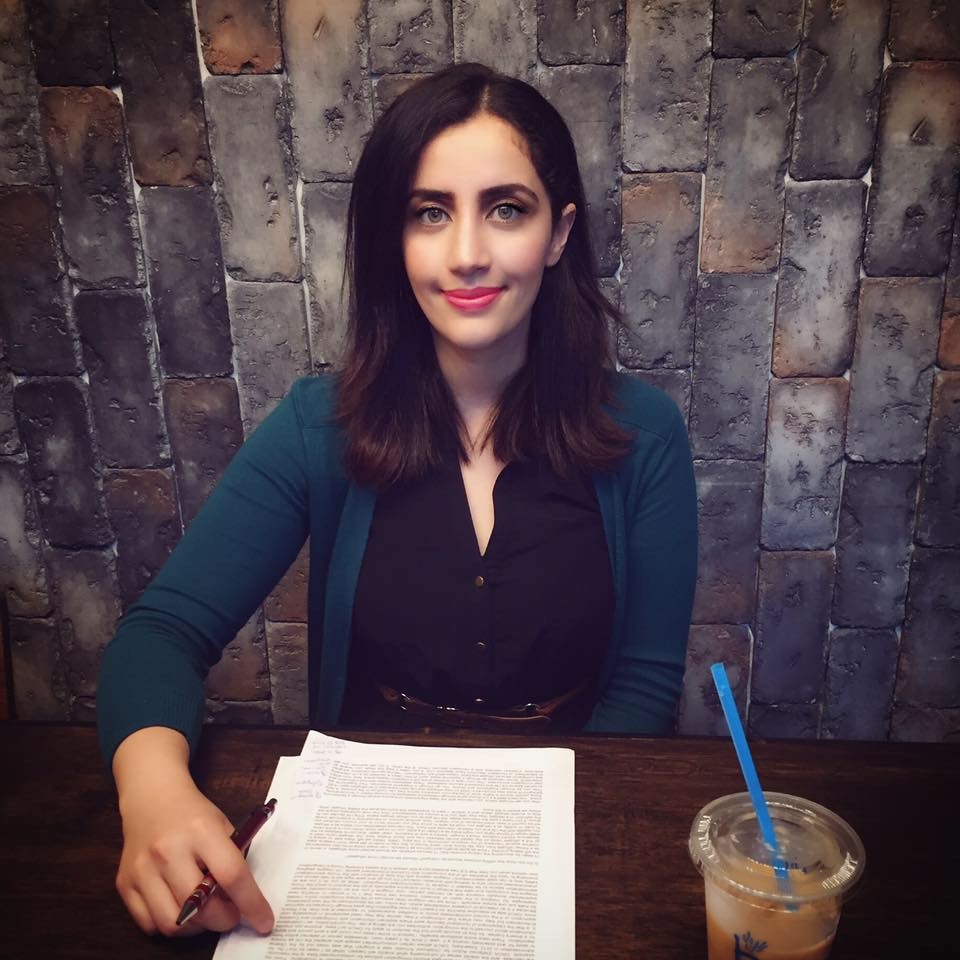The Dynamics of Identity
Ph.D. candidate Hajer Al-Faham explores Islamophobia’s effects on Muslim American politics.
In 2004, Rep. Peter King of New York famously declared that more than 80 percent of mosques in the U.S. were places Muslims went to get radicalized rather than to pray. Calling on police officers to infiltrate mosques around the country, the congressman ultimately coordinated a series of hearings he alleged would expose American Muslim radicalization. Concrete data to back his claims? It didn’t exist.
It is policies like these, rooted in misinformation and fear, that Hajer Al-Faham, a Ph.D. candidate in political science, aims to evaluate and challenge. An Iraqi refugee who came to the U.S. as a young child in the early 1990s, Al-Faham studies the intersecting politics of race, immigration, and religion with an emphasis on Muslim and Arab populations.
“Growing up, I found that in school, whenever we learned about Muslims or Arabs, it was in the context of a political crisis or political violence,” she says. “But these were not the experiences I had in my faith community or my cultural community. These stereotyped images and simplistic stories about my culture and faith drew me to academia. It made me want to understand why there was a disparity between what I knew to be true and what I read in school books or saw in the media.”
For her first published research project, Al-Faham, whose advisor is Michael Jones-Correa, Presidential Professor in the Department of Political Science, interviewed Muslim American women about their political experiences in the U.S. One of her key findings was that Muslim American women experienced a form of gendered racialization—such as discrimination based on religious dress—that affected their day-to-day lives in powerful ways. Their responses stoked her interest in identity and what it means to be an “other” in the U.S.
Al-Faham’s data-driven research investigates how people respond to discrimination. Does being part of an unpopular group mobilize people to engage more in politics, she asks, or cause them withdraw from the political sphere?
Al-Faham knows what it’s like to face these questions. Even in her hometown of Seattle, often seen as a progressive city, she experienced biases—so she began to speak out, volunteering on panels through the Council on American-Islamic Relations and other groups. Local schools, as well as religious and civic centers, would also ask her to visit and talk about her religion.
“This was a big learning leap. I had to figure out how to explain things that had always been a part of my life but were very new to others, like wearing my hijab, praying five times a day, and fasting during Ramadan,” she says.
In 2016, Al-Faham stopped wearing her hijab after experiencing “an unprecedented degree of anti-Muslim hostility” during the U.S. presidential election season.
“Things that politicians say and do have a direct impact on how Americans treat one another, and the current administration signals that it’s okay to discriminate. But it’s a privilege to be an American, and although I am cautious and wary, I feel lucky to live here. Here I am pursuing my dream of becoming a political scientist when people just like me who fled the same war I did are still in the same refugee camp I left more than 20 years ago,” she says.
This mindfulness keeps Al-Faham determined to advance research that lawmakers can apply when designing policies that are “sensitive and respectful” to Muslims and will better integrate them into American society instead of causing “heightened marginalization.”
Al-Faham, who received the 2017 Muslim Women's Justice Award through the Islamic Scholarship Fund, considers engaging young people to be just as valuable as producing data to guide fair policy development. A teaching assistant for a constitutional law course, she pushes her students to challenge their own perspectives.
“I don’t want to shape anything they say in class, so I don’t tell them I’m Muslim until the end of the semester. They are always surprised and often share that I am the first person they’ve met who is Muslim,” she says. “My hope is that they then think of me the next time they think about Muslims, rather than the stereotypes they see on TV. Beyond producing data that policymakers can really use, this is another way I hope to contribute to change.”



